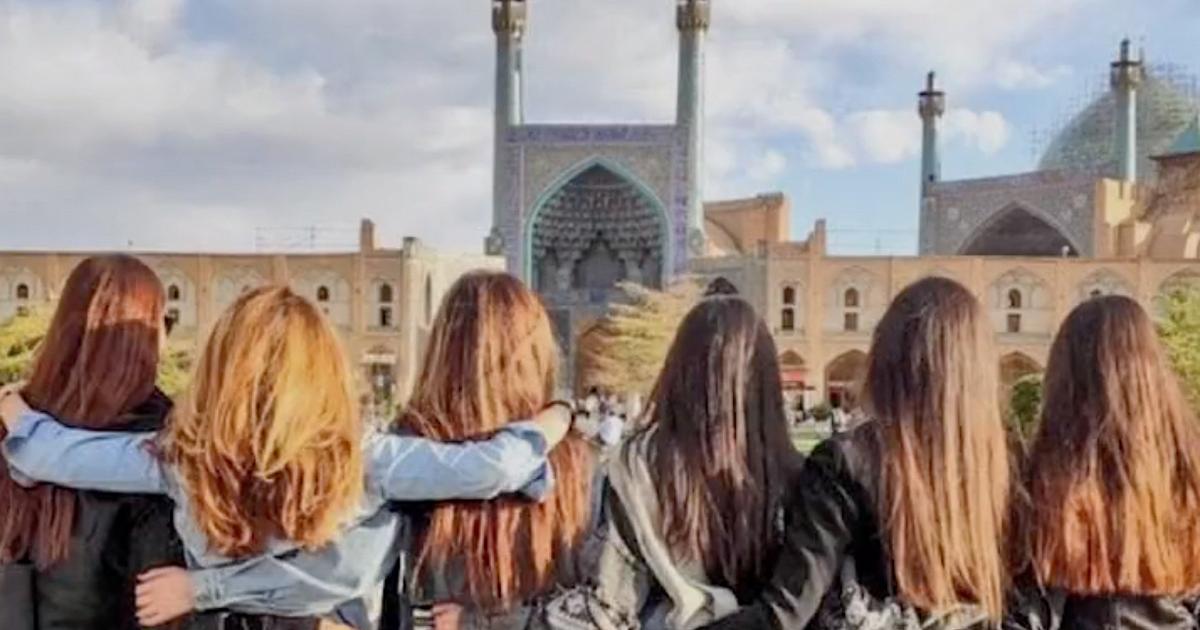Foreign Affairs
Iranian protest
Women without hijab everywhere in Iran where poisoning continues in schools
According to most Iranian women fighting for social reforms in the Islamic Republic and according to the NGO Iran Human Rights: "The hijab should be a choice and not an instrument of political repression"
21/04/2023
A.Alba
They walk down the street with long hair in the wind, defying the regime. In the middle there is still Donna Vita Libertà the slogan of the protest that marked perhaps the deepest revolt in the Islamic Republic of Iran since the year of its Constitution in 1979.
Women without a veil walk everywhere in the streets of major Iranian cities, despite the latest more stringent prohibitions issued by the authorities: checks with public video cameras, patrols of the moral police, warnings via text messages to Iranian citizens, closed businesses where the rules on the veil have not been respected and even measures that prohibit education in schools and health care in hospitals to women who dare to show their hair in public. contravening one of the cardinal precepts of Shiite Sharia.
Yet despite this, many mostly young and very young Iranians - as seen in this video published on twitter by the NGO Iran Human Rights - are openly challenging the use of the mandatory Islamic hijab, risking arrest and in some cases even heavier penalties such as torture and fines.
On social media it is full of photos and videos of hair in the wind, documenting the challenge of Iranian women for whom it has become necessary that "The hijab should be a choice and not an instrument of political repression".
And still in schools - NGOs and social media denounce - many students (about 5000) are still subject to heavy gas poisoning, widespread in high schools. The judiciary has arrested some alleged perpetrators of the attacks but the people are not convinced: according to them, the poisonings could be an attempt by the regime to punish those who dared to challenge social rules in schools.
The protest started by women since the death of 22-year-old Kurdish Mahsa Amini last September, precisely because of the badly placed veil, has spread to the entire civil society: men, students, workers after months continue to take to the streets and on the streets of major Iranian cities. In seven months there have been almost six hundred victims of the harsh repression carried out by the Revolutionary Guards (Pasdaran) and the Basij paramilitaries on demonstrators and over 19000,<> arrests.
After rejecting the request for a referendum on a substantial political reform advanced by former President Rohani, Supreme Leader Ayatollah Ali Khamenei, coinciding with the holiday of the end of Ramadan, granted "pardon" and measures for the reduction of the sentence to over 1,750 people sentenced in the Islamic Republic.

